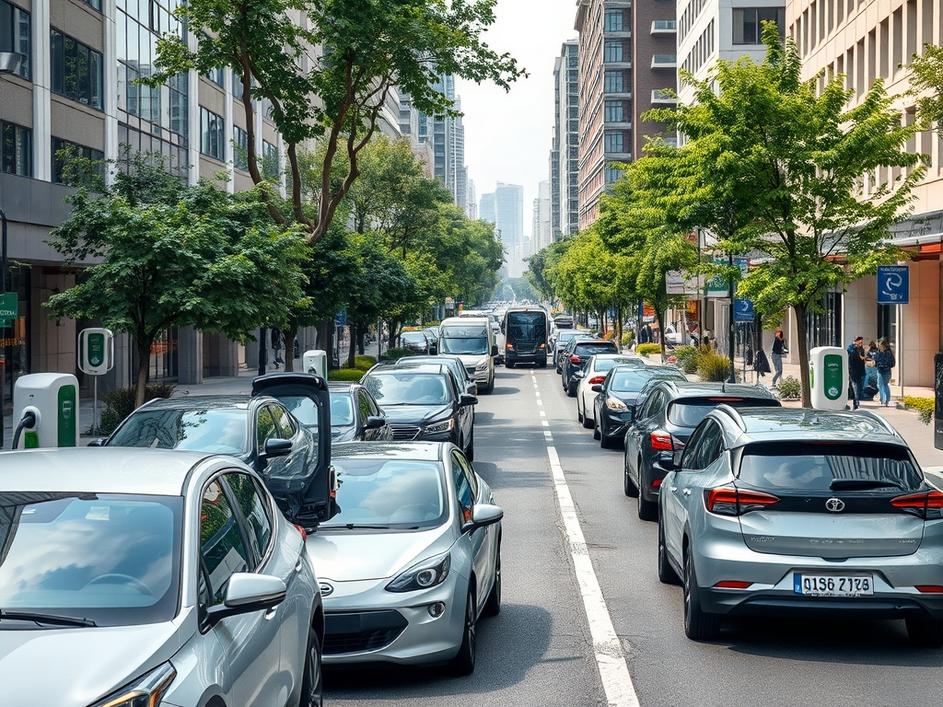


We are a digital agency helping businesses develop immersive, engaging, and user-focused web, app, and software solutions.
2310 Mira Vista Ave
Montrose, CA 91020
2500+ reviews based on client feedback

What's Included?
ToggleIn recent years, the automotive landscape has experienced a noticeable shift towards electric vehicles (EVs). As environmental concerns rise and technology improves, more consumers are opting for electric models. The push for cleaner transportation is no longer just a trend; it’s becoming a foundational element of car manufacturing. This change begs the question—what does it mean for the future of transportation, and how will it reshape our daily lives?
With increasing awareness about climate change, many consumers are reevaluating their choices. The traditional gas-powered vehicle isn’t just a mode of transport anymore; it’s also a reflection of one’s values. People want to feel they are contributing to a healthier planet. The appeal of EVs goes beyond their eco-friendliness; they often come with lower maintenance costs and higher efficiency. As technology evolves, these vehicles provide a driving experience that traditional cars can’t match.
Many governments worldwide are displaying a clear intent to accelerate the adoption of electric vehicles. Incentives like tax rebates, grants, or subsidies make these vehicles more appealing financially. Some countries even pledge to ban the sale of new petrol and diesel cars within the next decade. These policies are designed not just to reduce carbon footprints but to stimulate economies through new manufacturing jobs tied to the green transition.
However, the shift to EVs is not without its challenges. One major hurdle is the need for charging infrastructure. While more charging stations are popping up, they aren’t always as accessible as gas stations. Long trips require strategic planning, and range anxiety remains a concern for many potential buyers. We need a robust network of charging facilities to make EVs a viable option for more people. As cities reconsider urban planning, integrating electric charging points will be key for future readiness.
Looking ahead, the automotive industry seems destined to blend innovation with sustainability. With advancements in battery technology, electric vehicles are becoming more practical. Better batteries mean longer ranges and shorter charging times, enticing even the most hesitant consumers. As manufacturers innovate to stay competitive, things may change swiftly. The transition to electric vehicles is a grassroots movement toward sustainability that resonates with a growing number of people.
In conclusion, the rise of electric vehicles represents more than just an alternative to gasoline cars. It is a reflection of our changing values and priorities as a society. While the transition comes with obstacles, the potential for positive change is immense. As we continue down this road, we must embrace the challenge and seek solutions that make it easier for everyone to switch to electric. It’s a journey we all need to join, not just for our generation but for the generations to come.



Comments are closed